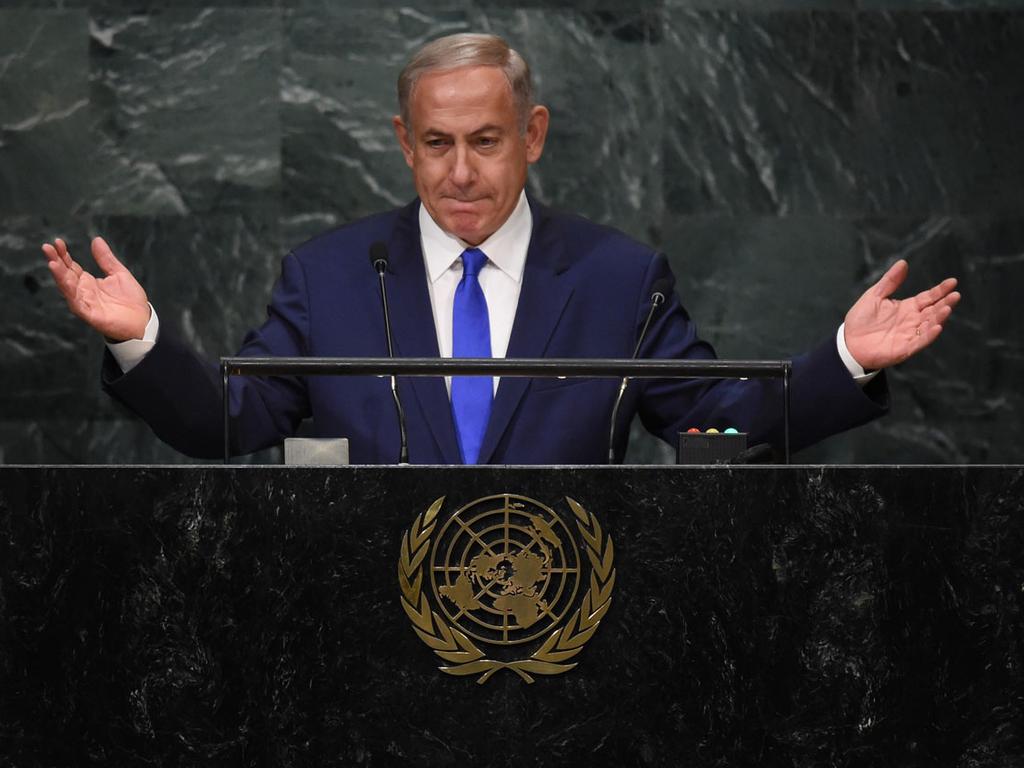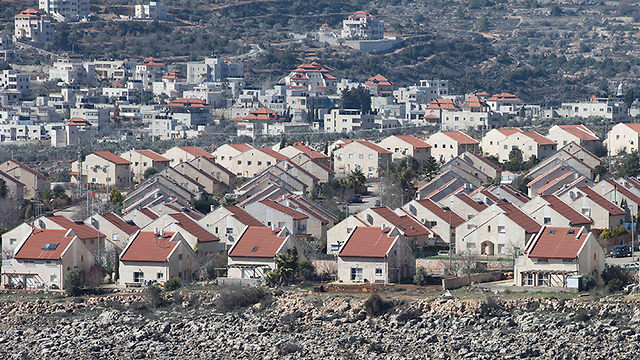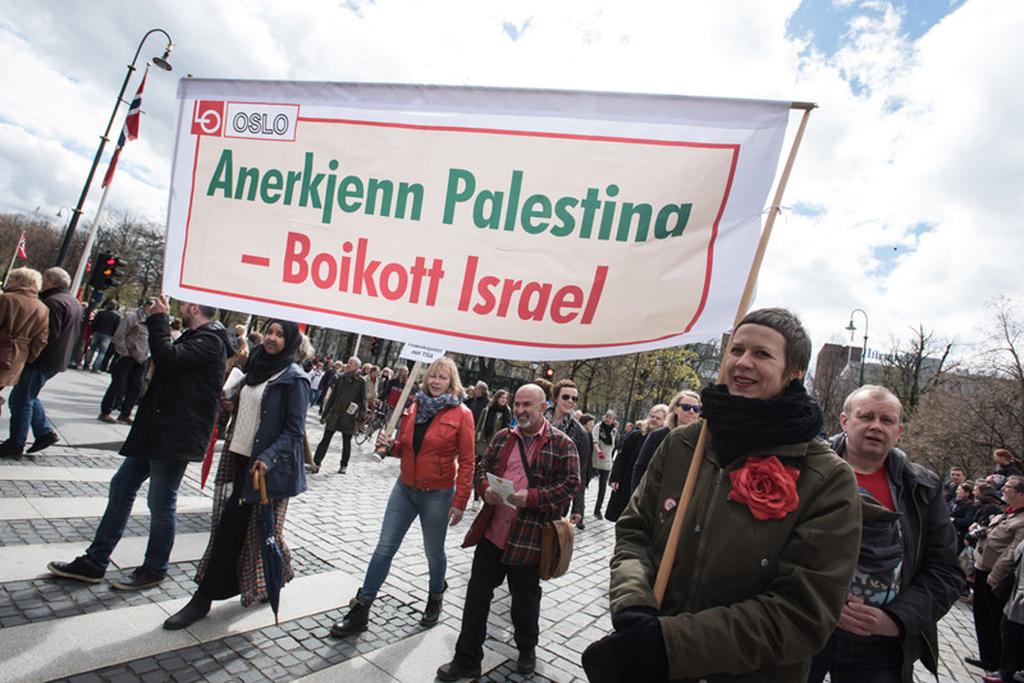Getting your Trinity Audio player ready...
Fury raged in Israel on Wednesday, after the United Nations human rights office issued a report on companies it said have business ties to Israeli settlements in the West Bank, effectively blacklisting these businesses.
Jerusalem says that UN High Commissioner for Human Rights Michelle Bachelet, the one responsible for publishing the list, did not give advance notice of its impending publication and refused to meet with any Israeli representatives last year.
As a response to the list and as a first step, Prime Minister Benjamin Netanyahu decided Israel will freeze any ties to the UN human rights office headed by Bachelet, reasoning that she is serving the Boycott, Divestment, Sanctions (BDS) campaign against Israel.
"Whoever bans us, we will in turn ban them," said Netanyahu.
"The UN human rights office is a biased organization with little to no influence whatsoever. I have already instructed to cut all ties to this organization, with the government in America doing the same."
He added: "Over the past few years, we have pushed for several bills to be legislated in U.S. stating that America will act against all those who call to ban Israel, just like this meaningless organization that acts against Israel instead of dealing with true human right violations."
Of the 112 business entities identified in the report, 94 are domiciled in Israel and 18 in six other countries.
The international businesses include Airbnb, Expedia, TripAdvisor, General Mills and Motorola Solutions in the U.S.; Booking Holdings, Altice Europe and Kardan in the Netherlands; Egis Group and Alstom in France and JCB and Opodo in the United Kingdom.
The commissioner's blacklist is expected to have repercussions for Israel on several levels.
Firstly, the list means immense pressure on international companies whose operations are also located in the West Bank, meaning these companies may choose to stop their operations there, or even worse, to stop their operations in Israel all together.
Secondly, the list is a serious blow to Israel, as its publication comes after U.S. President Donald Trump announced his peace plan, and less than a month before the March 2 elections in Israel.
The list is a statement on the UN's position on the West Bank, effectively saying that as far as it is concerned, the West Bank is in no way a part of Israel, and any and all Israeli activity there is illegal.
According to officials in the Ministry of Foreign Affairs, the list has no legal meaning regarding the businesses listed on it.
Furthermore, most of the businesses on the list already appear on lists published by the anti-Israeli BDS organization, so their inclusion on the UN's list is nothing new.
Now all that is left is to wait and see what the United Nations Human Rights Council chooses to do with Bachelet's list.
The council could decide the list is its official stance on the matter and call for member states to ban all companies appearing on it.
The council will gather for its annual meeting in Geneva on February 24, when all decisions pertaining the list will be made.
According to Israel, Bachelet's decision to publish the list is nothing less than a surrender to the efforts of the BDS movement, stemming from the Human Rights Council's bias against the Jewish state, as the list is meant to trigger an embargo on Israel and put financial pressure on the country.
Israel also claims that the list was formulated with no transparency and no legal standards whatsoever, and is actually nothing more than a list provided to the commissioner by various BDS supporters.
Israel further claims that the commissioner has overstepped her mandate, saying her job as high commissioner is to help countries implement their pledge to the UN concerning human rights.
Israel also emphasizes that the companies listed offer their services to both Israelis and Palestinians living in the West Bank, and that work within the territories is only a small part of their overall activity in Israel.
Finally, Israel claims that the commissioner's alleged alliance with the BDS has cost her and the council any credibility they may have had in the past, while making it impossible for her to actually address human rights violations in the region by helping the relationships between Israel and the Palestinians.





